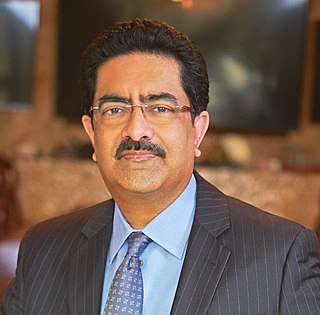A Quote by Geoff Mulgan
Understanding capitalism is in some ways simple. At its best, capitalism rewards creators, makers and providers: the people and firms that create valuable things for others, like imaginative technologies and good food, cars and drugs.
Related Quotes
There's a real difference between venture capitalism and vulture capitalism. Venture capitalism we like. Vulture capitalism, no. And the fact of the matter is that he's going to have to face up to this at some time or another, and South Carolina is as good a place to draw that line in the sand as any.
People think what's in the US today is capitalism. It's not even close to capitalism. Capitalism doesn't have a central bank, capitalism doesn't have taxes, it doesn't have regulations; capitalism is just voluntary transactions. What they have in the US today I call crapitalism. But it's sad that so many people are confused and they think, 'Oh that's free markets in the US', when it's one of the least free market countries on earth.
For nearly two centuries, scholars and politicians have debated the future of capitalism. Its critics, most prominent among them Karl Marx, have seen capitalism as intrinsically unstable, full of contradictions that will lead eventually to its collapse. Its supporters see it as the best way to allocate resources and rewards. Some even hint that the democratic capitalistic society is not just a phase in the historical evolution of economic systems but its ultimate end.
You know that the population is of this planet is now ten times greater than it was in the ages preceding capitalism.; you know that all men today enjoy a higher standard of living than your ancestors did before the age of capitalism. But how do you know that you are the one out of ten who would have lived in the absence of capitalism? The mere fact that you are living today is proof that capitalism has succeeded, whether or not you consider your own life very valuable.
That so many of us find it entirely plausible that a vast network of researchers and health officials and doctors worldwide would willfully harm children for money is evidence of what capitalism is really taking from us. Capitalism has already impoverished the working people who generate wealth for others. And capitalism has already impoverished us culturally, robbing unmarketable art of its value. But when we begin to see the pressures of capitalism as innate laws of human motivation, when we begin to believe that everyone is owned, then we are truly impoverished.
India has the largest number of hungry people. Yet it's an outcome of precisely the same mechanism. It's the control of agriculture that drives down the price it paid for food that it buys from farmers, who are the poorest people. Then you're paying very little for food. You're underpaying the poorest people in any society. Then they're marketing to us the things that are most profitable to them. And those are the things that are packaged and processed and what-have-you. That means you have the simple thing of the explosion of obesity and hunger as a result of capitalism in our food system.
Capitalism is like this fractal thing where anything that contains an element of capitalism anywhere inside it is just something that turns into capitalism. It is an incredibly defeatist attitude. If you choose to look at reality that way, I suppose you can, but you have to do enormous violence to reality to do so consistently.
The moral justification of capitalism does not lie in the altruist claim that it represents the best way to achieve 'the common good.' It is true that capitalism does -- if that catch-phrase has any meaning -- but this is merely a secondary consequence. The moral justification for capitalism lies in the fact that it is the only system consonant with man's rational nature, that it protects man's survival qua man, and that its ruling principle is: justice




































